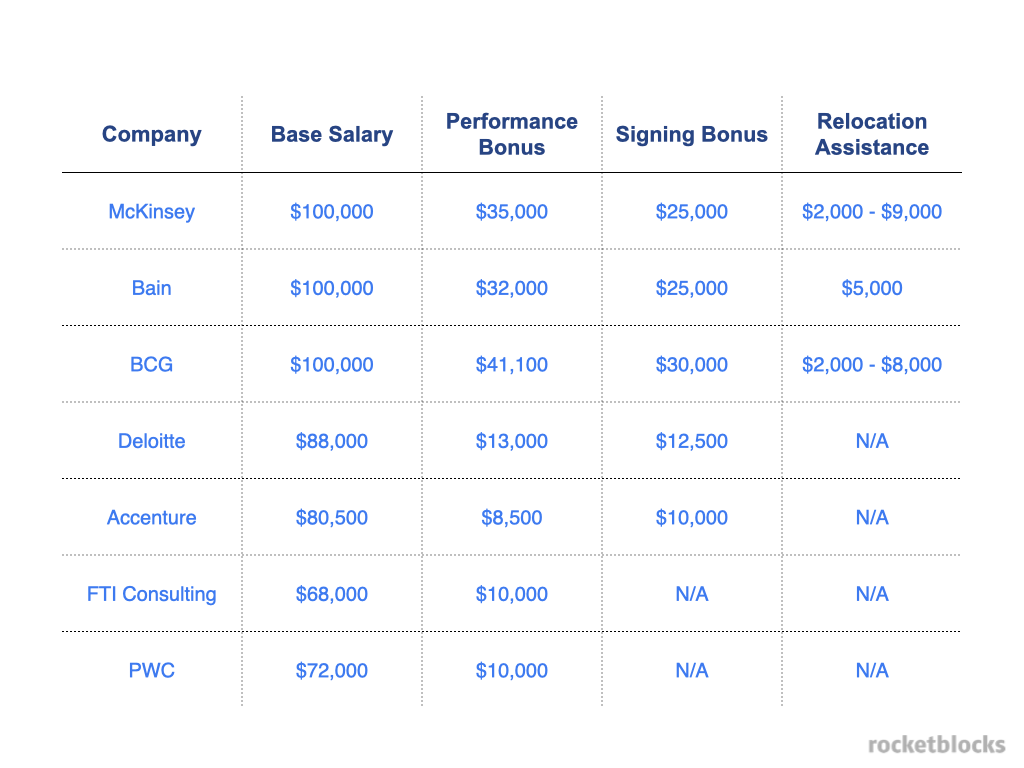
A holding corporation is a type corporate entity that does not produce or sell its own products and services but instead acts as a corporate organization. Its main function is to be a holding firm for many other companies. A holding company can have several subsidiaries, but some of these companies could be grouped together. We will be discussing the benefits and drawbacks of setting up a holding company and the different forms that are available.
Benefits to starting a holding business
A holding company is a great way to protect your investment portfolio. Setting up this type of company is relatively easy, but it does require a significant capital backup. A holding company typically purchases large blocks shares. This makes them a good business model for investors who are experienced. Below are some benefits to starting a holding business. This is a great option for small business owners looking to reduce their liability and protect their assets.
Because they are not exposed to the same risks as other businesses, holding companies can help lower operating capital costs for their subsidiaries. Bakery will not have to worry about its subsidiaries being sued if Bakery goes bankrupt. In order to obtain lower-interest debt financing, the subsidiaries can use downstream guarantees. The risk of default for holding companies is reduced significantly by the ability to sell shares of failing subsidiaries. This is beneficial for the operating company as well, as it reduces its liability.

Starting a holding company has its disadvantages
While there are many advantages to starting a company holding it, there are also disadvantages. A holding company is able to get better financing terms because it pools its resources. A holding company can manage many more companies using less capital. Holding companies can easily become the largest shareholder by buying the majority of stock in an LLC.
It can be difficult to establish a holding company. You must first decide what type of entity you want your holding company to be. You will need to decide whether it is a corporation, LLC, limited liability or LLC. Once you have established the type and structure of your business entity, you can decide how to tax it. Although holding companies need to be separate from other businesses. A limited liability company for example should not be used as a holding entity that owns its business.
Tax implications of starting a holding company
The tax consequences of starting an organization as a holding company will vary depending on the way it is set up. Only one owner of a company is considered sole proprietorship and the IRS does not require them to file. However, they are responsible for reporting all of their profits on their tax returns. Similarly, a holding company with two owners will be treated like a partnership and each partner is responsible for paying taxes on their portion of the returns.
Administrative ease is another consideration, in addition to tax implications. To reduce compliance and enforcement risks, lenders often require companies to operate through holding companies. However, it is unlikely that a company set up solely for tax reasons will achieve the tax benefits it was originally intended. Before you make any final decisions, be sure to thoroughly consider the benefits and drawbacks associated with establishing a holding corporation.

Forms of holding companies
There are many kinds of holding companies. A holding company exists to have control over another business. Its owners generally own most of the shares of the companies that it controls. You must sign a contract allowing you to form a holding organization. You should also seek legal counsel. The following are examples of the various forms of holding companies. Let's take the most commonly used form.
Pure holding companies are the first type. This type company exists to simply hold stock in another organization. It does NOT run its own businesses. Another type is a mixed-holding company. This allows it to control other companies while also operating its own businesses. Conglomerates are often referred to as holding-operating companies. It is named because the company has a variety of companies. All of these entities are classified as holding companies.
FAQ
Consulting is it a job?
Consulting is not only an entry-level profession for those looking to make fast money, but it's also an excellent way to acquire valuable skills that you can apply throughout your career.
There are many options for consulting. These include project management, business strategy, strategy, leadership, and training. Projects could include small start-ups or large international corporations.
Consulting gives you the chance to grow and develop your skills. This could include learning to manage teams and write proposals, manage finances, analyze data, create presentations and conduct market research.
How do I become a successful consultant?
Finding a passion area is the first step. Building relationships is the next step. Knowing what your clients want and how they work is key. The final step is to provide results.
You don't have to be the best at everything, but you do have to be better than everyone else. You also need to have a passion for what you do. It is not enough to simply say, "I want to become a consultant." It's important to believe in your abilities and do what you love.
How do I set up an LLC to consult?
First, you must decide what your goals are as a service provider. Next, you must ensure that you are qualified to provide those services. It may be a good idea to seek out someone who offers the services you need and observe their work.
Once you have a clear idea of what you are offering, you can start to identify your target market. If there aren't enough of them, you may need to create them.
Next, you will need to decide if you want to start your own business or hire others.
Another option is to get a state license. This requires a lot of paperwork and legal fees.
What are some of the advantages to being a Consultant?
As a consultant, you can usually choose when you work and what you work on.
This means you can work whenever you like and wherever you wish.
It means that you can change your mind easily without worrying about losing your money.
Finally, you can control your income and set your own schedule.
What was the origin of modern consultancy?
Consultants were originally accountants who could help companies manage their financial affairs. They were known as "accounting consults" because they are highly skilled in the management of financial information. The role soon expanded to include other areas, including human resources management.
The term "consultant" came from the French word for "to advise." It was used by businessmen to describe someone who could offer advice on how to run an organization. Today, business owners still use the term consultant to refer to any type of professional advisor.
What can I anticipate from my consultant
Within a few days of selecting your consultant, you can expect to hear back. They will usually ask for information about your company, including its mission, goals, products, services, budget, etc. After receiving this information, they will prepare a proposal outlining their scope of work, estimated timeline, fees, deliverables and milestones.
If all goes according to plan, the two sides will sign a written deal. The type of relationship between them (e.g. employer-employee or employer-independent contractor) will determine the terms of the contract.
If all goes well, the consultant will start working immediately. The consultant will have full access to your files and resources. You'll also have access to their skills and knowledge.
You shouldn't assume, however, that every consultant is an expert in all areas. It takes practice, effort and practice in order to be an expert in any area you consult. So, don't expect your consultant to know everything about your business.
Statistics
- So, if you help your clients increase their sales by 33%, then use a word like “revolution” instead of “increase.” (consultingsuccess.com)
- "From there, I told them my rates were going up 25%, this is the new hourly rate, and every single one of them said 'done, fine.' (nerdwallet.com)
- On average, your program increases the sales team's performance by 33%. (consultingsuccess.com)
- 67% of consultants start their consulting businesses after quitting their jobs, while 33% start while they're still at their jobs. (consultingsuccess.com)
- My 10 years of experience and 6-step program have helped over 20 clients boost their sales by an average of 33% in 6 months. (consultingsuccess.com)
External Links
How To
How to Find the Best Consultant
First, ask yourself what kind of consultant you are looking for. Before you begin looking for a consultant, it is important to know what your expectations are. It is important to make a list with all the requirements you have for a consultant. This could include: professional expertise and technical skills, project management capabilities, communication skills, availability, etc. Once you've listed out these requirements, then you may want to consider asking some friends or colleagues who they would recommend. Ask them if they had any bad experiences with consultants previously and see how their recommendations compare with yours. Try searching online for recommendations if you don’t have any. Many websites allow people to post reviews about their work experience, including Angie's List and Indeed. Consider the ratings and comments of other candidates and use these data to start your search for potential candidates. Once you have narrowed down your list, reach out to potential candidates and set up an interview. At the interview, it is important to discuss your requirements and get their feedback on how they can help. It doesn't matter if they were recommended to your company; all that matters is that they are able to understand your business goals and show how they can help.